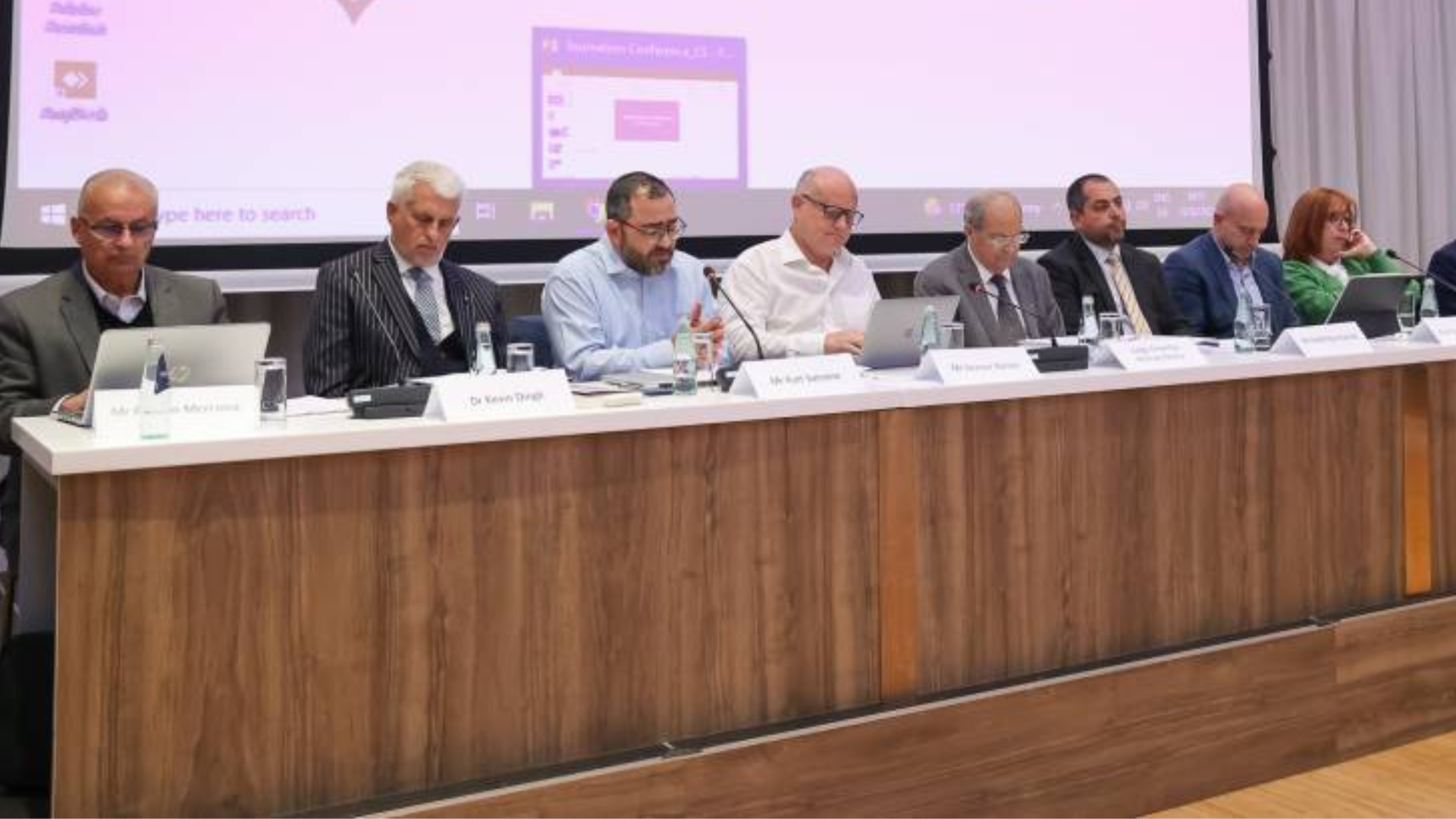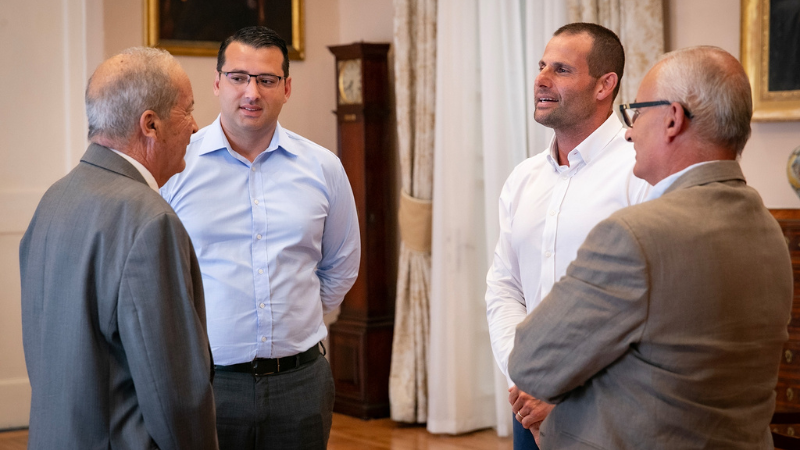The Opposition has called on the government to “immediately” publish the final report of the so-called Committee of Media Experts when, in all likelihood, Prime Minister Robert Abela will delay it, as he did last year, until Parliament reconvenes in October.
The Committee presented its report to Abela and Justice Minister Robert Attard on Monday, well after Parliament rose for the summer recess, and a government statement on the day made no mention of if or when it would be made public.
The report – with its proposals to bolster press freedom and protection in the wake of the Daphne Caruana Galizia Public Inquiry – should be tabled in Parliament before it is made public according to its terms of reference.
But the delay in its delivery, for whatever reason, will give the government plenty of leeway and time to pore over its contents over the coming two months.
The situation appears to be a practical carbon copy repeat of what happened in June 2022 when the Committee delayed submitting a report with its reactions to the draft legislative agreements proposed by the government for three months – from April until June 2022.
Those setbacks allowed Abela to delay tabling the report before the summer recess, effectively preventing it from being publicly scrutinised until October 2022.
Given the fact that its end-of-mandate report was presented after Parliament rose for summer, a similar situation is expected to arise this year and the Committee’s suggestions, discussions and proposals are likely to remain hidden from the public until parliament reconvenes in autumn.
Addressing the situation this afternoon, Opposition spokespeople Karol Aquilina and Claudette Buttigieg said the Opposition “expects the Government to be transparent and honest in the way it deals with the report.
“It is therefore essential that this report no longer remains a secret but is published in full so that everyone can understand what the Government has before it.”
A contentious mandate
The Committee’s year-and-a-half mandate has been problematic since its inception, with claims of broad consultation on the selection of the Committee’s members having been rubbished.
It was originally set up on 11 January 2022 to provide recommendations and guide the implementation of 12 government legislative proposals created in response to recommendations made in the Daphne Caruana Galizia Public Inquiry.
The proposals were presented to the Committee as a ready-made fait accompli.
The Committee took a similar stance of non-disclosure on the review process of the 12 proposals, which notably excluded the introduction of an inquiring magistrate on corruption and the introduction of unexplained wealth checks.
The government refused to publish the eventual Committee report reviewing the legislative proposals, which, although completed in April 2022, gathered dust until June. This meant that Prime Minister Robert Abela was breaching his own terms of reference established when the Committee was set up the previous January.

The Media Experts Committee in session at its ‘public hearing’ that the justice minister did not bother to attend.
Abela sat on the report for over a month and failed to table it in Parliament before the 2022 summer recess. The move garnered criticism and meant that the review of the government’s proposals remained hidden from public scrutiny as the Committee insisted it was not within its remit to publish the report.
By August, the government had fully implemented only one of the Caruana Galizia inquiry board’s 28 recommendations. In September, Abela was sent a letter signed by over 100 signatories involved in the media sector, including 11 editors, urging for the proposals to be published and for a proper consultation process to be held.
Justice Minister Jonathan Attard eventually made the government’s proposals public in late September 2022, claiming a wide consultation process that never happened.
Following the proposals being made public, The Shift published a detailed analysis comparing them with the Caruana Galizia board’s original suggestions which concluded that the government versions were significantly watered down.
In response to the backlash, Abela promised to halt the legislative introduction of the media reform proposals until the Media Experts Committee could conduct further consultation and produce a second report.
In January 2023, Abela granted a request by the Committee’s chair, retired judge Michael Mallia for an extension to its mandate, lengthening it until end-June. In February, the committee set up a poorly-attended conference, meant to act as a public consultation, at which not even Justice Minister Attard was present.












